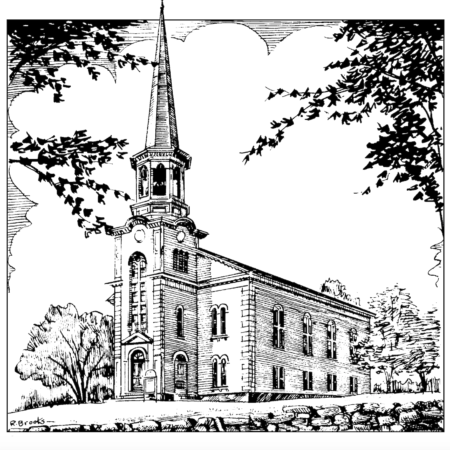The Practice of Thankfulness
Psalm 116:1-2, 12-19
1I love the Lord, because he has heard my voice and my supplications. 2Because he inclined his ear to me, therefore I will call on him as long as I live.
12What shall I return to the Lord for all his bounty to me? 13I will lift up the cup of salvation and call on the name of the Lord, 14I will pay my vows to the Lord in the presence of all his people. 15Precious in the sight of the Lord is the death of his faithful ones. 16 O Lord, I am your servant; I am your servant, the child of your serving girl. You have loosed my bonds. 17I will offer to you a thanksgiving sacrifice and call on the name of the Lord. 18I will pay my vows to the Lord in the presence of all his people, 19in the courts of the house of the Lord, in your midst, O Jerusalem. Praise the Lord!
Historical Context
Although the Psalms are divided up into five “books”, there are also sub-sections that follow a particular theme. Psalms 113 to 118 are one such sub-section, and these are known as the “Hallelujah” or “Hallel Psalms”, that were/are sung and prayed during the season of the Jewish Passover. Various scholars and authors have given them different theme titles, and the following description examples. Psalm 113 praised the Lord, whose grace and goodness was beyond comparison with anything else. Psalm 114 recalled their “Exodus” blessings and the power of their liberating God. Psalm 115 called on people from the east and west to revere the One True God, who was their Helper and Shield and who blessed their faithfulness. Psalm 116 is about thanksgiving for blessings, and what can be offered in response to God’s goodness and mercy. The two verses in Psalm 117 called on all nations to praise the steadfast and powerful love of our God. The first and last verses of Psalm 118 sing the refrain: “Give thanks to the LORD, for he is good! His faithful love endures forever.”
Theme: The Practice of Thankfulness
Psalm 116 invites those who sing its poetic lines to move into places where perspectives, about what is and is not, are broadened, deepened, and expanded. The writer affirms that God hears the voice of those who cry out and are in need. The writer’s theology moves with a certainty that God is present in the moments when we need God most and present in moments imperceptible to human vision or awareness.
The question of God’s goodness and gracious gifts permeates the lines of Psalm 116 and invites us to see farther and deeper into the magnitude of God’s gifts to the world. Oxygen for breathing. Light for seeing. Sound waves, voices, and music for hearing. Touch for feeling textures, surfaces, and shapes. Taste to explore a range of flavors that abound on the created world. It is as if the Psalm writer is invoking people to remember that God loves the diversity of the senses and of the planet and invites everyone to experience the vast wonder and beauty of it all. With recognition of the vastness of blessings discerned, a spirit of thanksgiving ensues.
The practice of thankfulness is something that gets better with observation and practice. Daily rituals of thankfulness where one puts a name to three things they are thankful for, is a simple spiritual practice that helps put things in perspective and prompts a sense of wellbeing.
Thanksgiving to God for all that God has done, is doing, and will do can stimulate deeper relationship with the living God and prompt desires for doing that which aligns with the law of God and the aims of God for what makes a life worth living and what brings about a deeper sense of human flourishing.


0 Comments